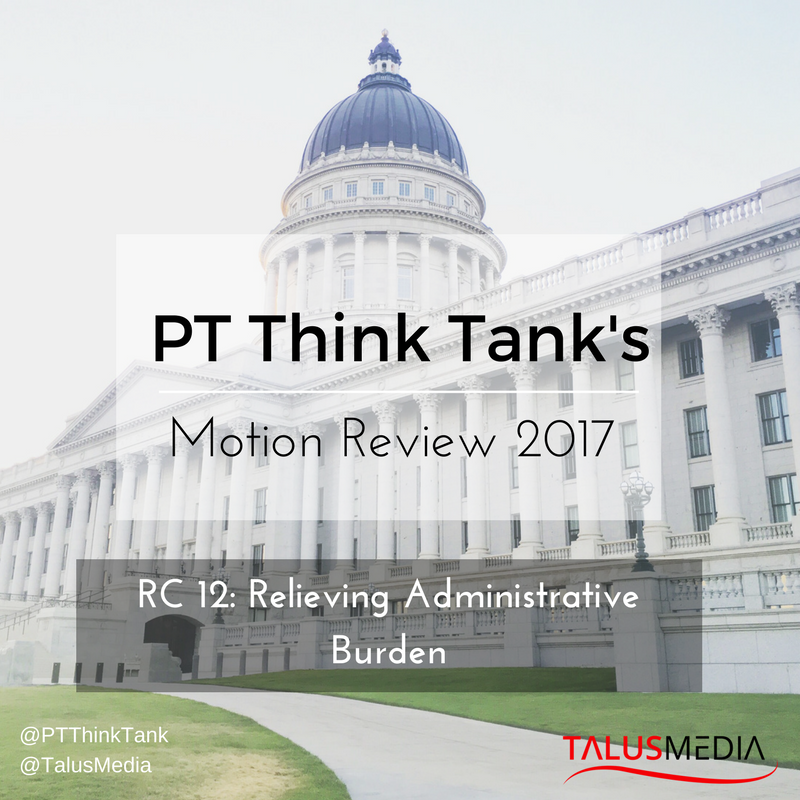 Sick of the mounting paperwork? Trying to keep your hours documenting to a minimum while still getting reimbursed? While the profession has always had to deal with denials and the ever-shifting target of “defensible documentation,” in the past year we have also added different evaluation codes based on complexity to our documentation headaches. This administrative burden has been growing, slowly but surely, over the past few decades. In a 1991 article in the New England Journal of Medicine, the authors described medicine as a “spectator sport,” one that is performed before “an enlarging audience of utilization reviewers, efficiency experts, and cost managers.” The study indicated that, in 1987, U.S physicians were spending slightly less than half their professional income on overhead and billing expenses.
Sick of the mounting paperwork? Trying to keep your hours documenting to a minimum while still getting reimbursed? While the profession has always had to deal with denials and the ever-shifting target of “defensible documentation,” in the past year we have also added different evaluation codes based on complexity to our documentation headaches. This administrative burden has been growing, slowly but surely, over the past few decades. In a 1991 article in the New England Journal of Medicine, the authors described medicine as a “spectator sport,” one that is performed before “an enlarging audience of utilization reviewers, efficiency experts, and cost managers.” The study indicated that, in 1987, U.S physicians were spending slightly less than half their professional income on overhead and billing expenses.
RC 12-17, brought forward by the Massachusetts chapter, calls for the American Physical Therapy Association to explore and quantify this growing burden within the physical therapy profession. Currently, there are no hard numbers about the ramifications of increased administrative burden within our profession, though other studies exist for physicians. Some potential questions that this exploration might answer include: how many courses of care are cut short? How many PTs change specialties or leave the treating majority due to the paperwork?
The hard truth of growing administrative burden is not unique to physical therapists; all of healthcare has seen a dramatic rise in the amount of paperwork needed to ensure payment from third party payers. In 2013, the American Medical Association unveiled their Administrative Burden Index (ABI), which ranks commercial health insurers according to the level of unnecessary cost they contribute to the billing and payment of medical claims. The “report card” assesses accuracy, denials, timeliness, and transparency.
Some concerns surround this topic:
- How do we assess administrative burden in our profession? Due to different regulations from state to state and across differing practice areas, it can be difficult to develop metrics.
- Can we partner with other health care providers to achieve this goal?
- The APTA has several ongoing efforts to address aspects of this, including an Administrative Simplification task force, as well as advocacy and lobbying efforts and the launch of the outcomes registry. How does this fit into that picture?
Let us know your opinion on this and other motions on Facebook here.
References
- American Physical Therapy Association. Packet I: Reference Committee 12-17. Alexandria, VA. 2016:42-43.
- Woolhandler, Steffie, and David U. Himmelstein. “The deteriorating administrative efficiency of the US health care system.” New England Journal of Medicine 324.18 (1991): 1253-1258.

